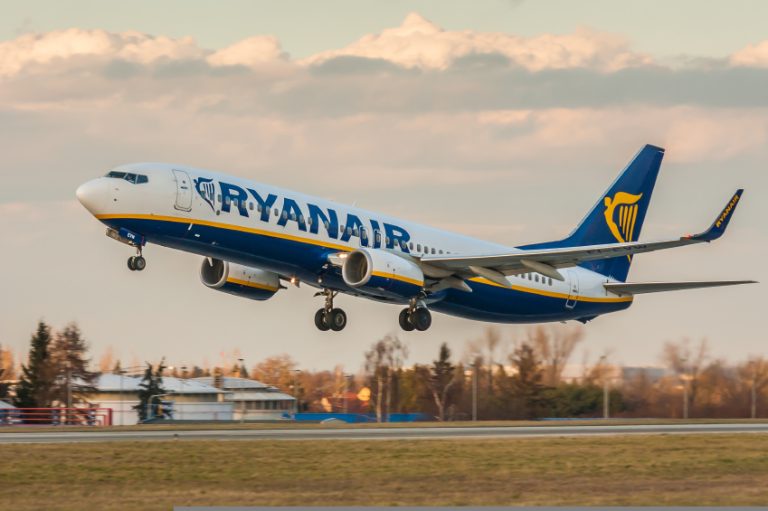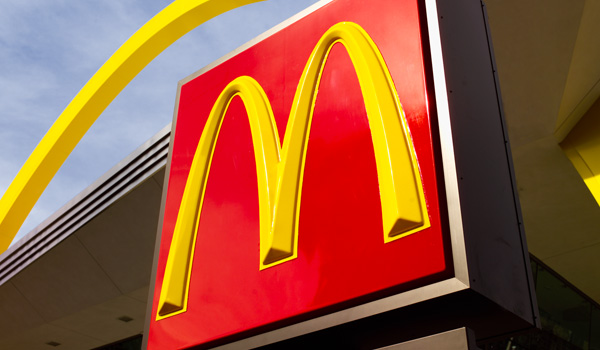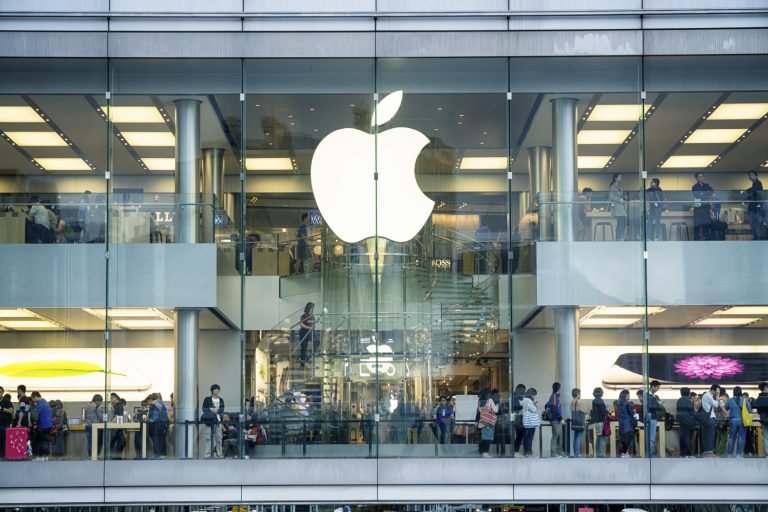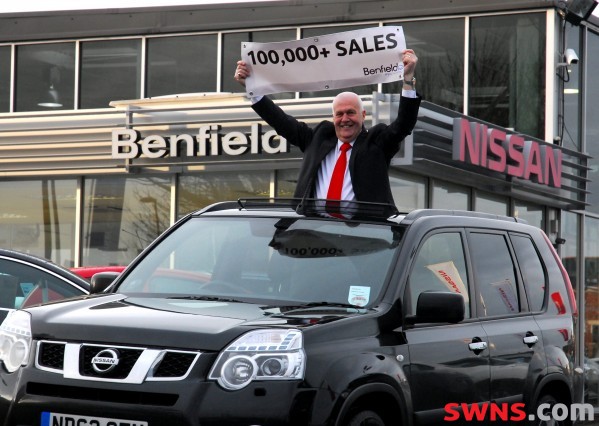With the most recent figures demonstrating we owe an astounding £1trillion (that is £1,000,000,000,000) and the span of the obligation it an issue.
That is on account of we’ve got used to low rates and tackled greater and greater credits with a more cool demeanor.
As indicated by the most recent report from the Office for National Statistics, the quantity of families who considered their property obligations a ‘substantial weight’ tumbled from 11.3% in 2008-10 to 10.6% 2010-12.
This takes after a proceeding with a descending pattern since interest rates fallen to a record low of 0.5% in 2009.
Indeed, even little ascents can have huge effects. On an ordinary 2.5%, £130,000 home loan, even a 0.5% ascent in rates would cost you very nearly £400 more a year.
On the off chance that rates ascend to their 1998 levels, they should discover £5,000 more a year to pay the home loan. Anybody battling could well be constrained into repossession.
“There is a genuine danger that after over six years of record low intrigue rates, numerous home loan payers are as yet living in an incorrect conviction that all is well with the world. In all actuality they may have a short window in which to get ready for nearing treks in premium rates,” said Joanna Elson, CEO of the Money Advice Trust.
What’s more, it’s not simply contract holders that need to stress.
“We should not overlook there are a developing number of individuals battling with another sort of property obligation – private rent overdue debts. They too will be influenced by higher interest rates through rising leases as additional home loan expenses are gone on via landowners,” said Elson.
“Family units critically need to direct a money related health check to verify they will have the capacity to adapt to higher expenses – be they higher home loan installments or higher premium installments on extraordinary adjusts on charge cards and individual advances,” said Elson.
In the event that you have a tracker or variable rate home loan, consider changing to an altered rate bargain now . There are arrangements where you can secure your rate for a long time and still get a shabby rate now, and truly shoddy arrangements for fixes of 2, 3 and 5 years .
Second, pay off however much as the home loan as could be expected – excessive charges don’t simply decrease your home loan rate now, they mean you’ll pay less consistently until it’s cleared. On the off chance that rates rise, that implies rate rises will have a littler eff











 Bitcoin
Bitcoin  Ethereum
Ethereum  Tether
Tether  XRP
XRP  Solana
Solana  USDC
USDC  Lido Staked Ether
Lido Staked Ether  Cardano
Cardano  TRON
TRON  Avalanche
Avalanche  Toncoin
Toncoin